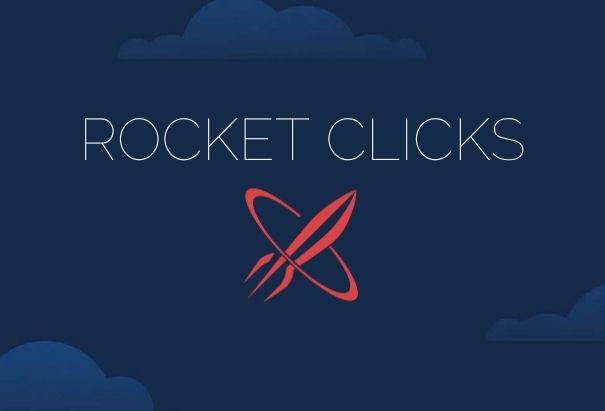This Week’s Industry Update Compiled By Rocket Clicks Staff
AT&T Goes After T-Mobile, The Government Goes After AT&T
AT&T and T-Mobile, the second and fourth largest wireless operators in the United States, could soon be joined together as one if the U.S. government determines their merger does not violate anti-trust laws. AT&T agreed on Sunday to purchase T-Mobile for $39 billion, which would effectively make AT&T the largest wireless company in the country. There are quite a few hurdles left to clear, and pros and cons to debate over whether this benefits consumers, but there’s one thing everyone can agree on: the current T-Mobile commercials mocking AT&T are most likely short-lived. Source: Gigaom
AdWords Location Targeting Improves
Google AdWords targeting recently received some needed improvements. Among them:
- Physical location targeting is now much easier. Before the update, your location-based ad for “Chicago” may show up for people searching for anything involving the city’s name. Now, that ad has the option of being shown only to people physically located in Chicago, as opposed to someone in Milwaukee searching for your product in Chicago.
- On the other end of the spectrum, you can target the Milwaukee searcher while excluding anyone from Chicago searching for your product with the city’s name as a search term.
- You can now eliminate specific physical locations and search intent to target the most likely users to convert outside of your geographical location. For example, if you own California property you can exclude your ads from appearing in searches from people living in Florida and searching for Florida rentals.
Source: Google Inside AdWords Blog
Chinese Government Sabotages Google’s Internet Presence In China
There have been some major issues and complaints with Google’s Gmail service in China, but it’s not Google’s fault. In their attempt to maintain controllable Internet censorship, the Chinese government has slowed loading times, limited consistent access, and killed the chat function for Gmail and Google Reader users. Gmail is extremely popular in China, in part because Google’s server locations outside of China prevent the government from requesting information sent and received through Google’s services. Many users fear these issues will become longstanding because of the government’s push to control the Internet in the country. Source: Wall Street Journal
Tablet Targeting Now Available In AdWords
In a recent email from Google, the search engine monolith announced new tablet device settings for AdWords accounts. Here are a few highlights from the announcement:
- The Tablets with full browsers check box will be located on your Settings tab under Networks and Devices and will enable you to select more precisely which types of devices and operating systems will display your AdWords ads.
- You’ll be able to customize your settings for each specific tablet device, and in a few weeks your ads will start automatically showing up on tablet searches.
- Metrics are available in the Campaigns tab in your AdWords account. Just select the Device option under the Segment drop down and view your report.
- This could increase the costs of your AdWords campaigns, so you can opt out of displaying them on tablet searches.
Yahoo Search Direct Is Like ‘Instant On Steroids’
Yahoo’s new search feature, entitled “Search Direct,” takes Google Instant one step further by displaying an instant answer panel directly to the right of the drop down suggestions. The feature does not include any paid ads, and Yahoo was thought to be out of the search game after partnering with Bing, so it’ll be interesting to see how much this impacts the search engine world and market share. Check out the new feature at Search.Yahoo.com, and read a comparison pitting Google Instant and Yahoo Search Direct against each other.
Source: Wired
Every Day, Facebook Eliminates 20,000 Underage User Accounts
Facebook requires all of its users to be 13 years of age or older, and thanks to a little pressure from the government, has undertaken the Bladerunner-like task of hunting down and removing users under the age of 13 from the network. The social network estimates it is booting around 20,000 users per day to enforce their age limit policy. Source: CNN
Google Launches Online Magazine
Google has just released its first issue of Think Quarterly in the United Kingdom. Google called the quarterly magazine a time to reflect – a place to take time out and consider what’s happening and why it matters. The first issue is 68 pages long, dedicated to data and very interesting, to say the least. Source: CNN
Notable Commentary To Cure The March Madness
The Ever-Changing World Of Google
I can’t remember the last time that Google wasn’t in the news. It seems like they’re always getting sued, buying some small company, or changing the game in some new and innovative way. Check out this New York Times article that talks about how Google is continuing to evolve. Analysis By: David Carr, New York Times
Google To Go Back To Their Roots
Larry Page is mounting up to the role of Google CEO and plans to return the company to its exploratory and risk taking origin. For a company that already has a reputation for taking risks and innovating, we should all be on the lookout in the near future. This article explains how Google plans on upping the ante. Analysis By: Steven Levy, Wired

